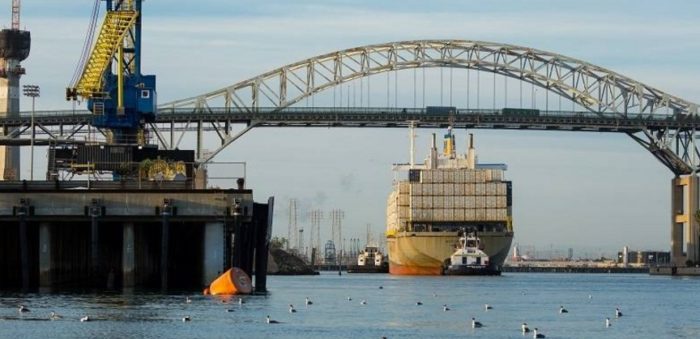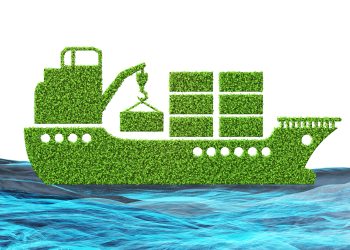Indonesia issued new shipping rules on October 2017, calling for coal and palm oil to be imported and exported by Indonesian maritime transport companies. However, specific guidelines and possible exemptions of there rules have not been announced yet, and it is not sure when they will be announced.
Namely, the new rules on coal and palm oil suggest that exporters should use ships carrying the Indonesian flag and Indonesian insurance companies, and will come into force at the end of April.
[smlsubform prepend=”GET THE SAFETY4SEA IN YOUR INBOX!” showname=false emailtxt=”” emailholder=”Enter your email address” showsubmit=true submittxt=”Submit” jsthanks=false thankyou=”Thank you for subscribing to our mailing list”]
However, Indonesia has not described yet how these rules will be implemented, or what exemptions will include. What is more, the sense of uncertainty is increased by the fact that it is not known when or if, specific guidelines for the rules will be released.
This development had an effect on buyers of Indonesian coal. According to Reuters, many buyers of Indonesian coal are hesitating to order fuel, as the new rules will restrict exports to Indonesian vessels. As a result, a number of contracts are delayed, Hendra Sinadia, executive director of the Indonesia Coal Mining Association was cited as saying.
Hendra Sinadia, also said that these rules are possible to affect export volumes and state revenues, as some contracts will have to be renegotiated to cost, insurance and freight (CIF) contracts from free-on-board (FOB) contracts.
Consequently, operators worry that if the guidelines are not released before the new regulation takes effect, its implementation will face difficulties. But they are not the only ones. ECSA expressed its opposition to the new law as well, requesting EU to react to this “violation of free trade principles”, especially in the light of the ongoing FTA discussions between the EU and Indonesia.
Martin Dorsman, ECSA’s Secretary General, stated:
In a time when the EU and Indonesia are negotiating on a free trade agreement, the adoption by the Indonesian authorities of such a law is unacceptable. In view of this week’s bilateral trade talks we have passed our concerns on to the European Commission and hope they will see a chance to question their Indonesian counterparts on this matter.

































































